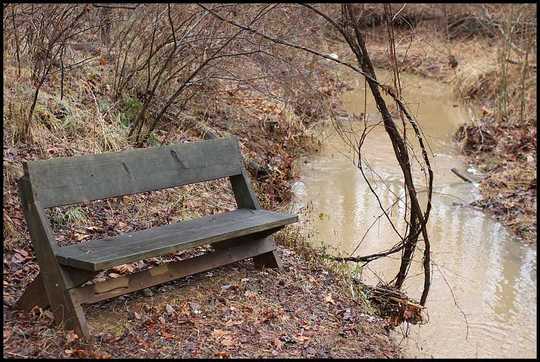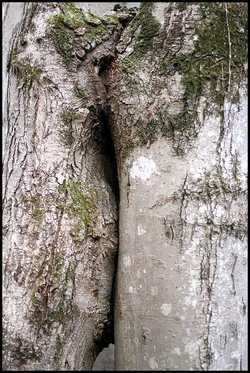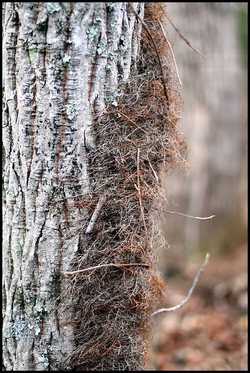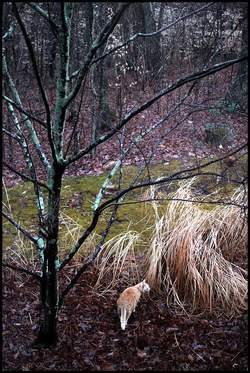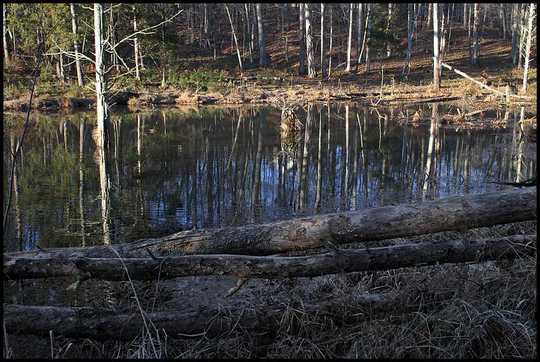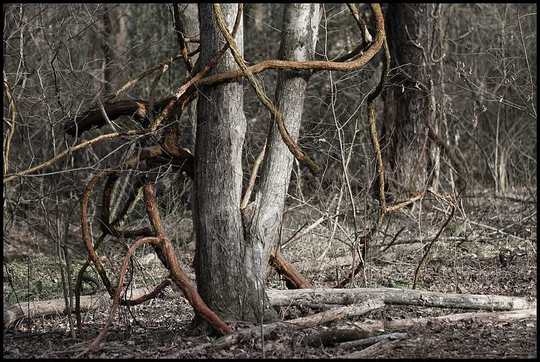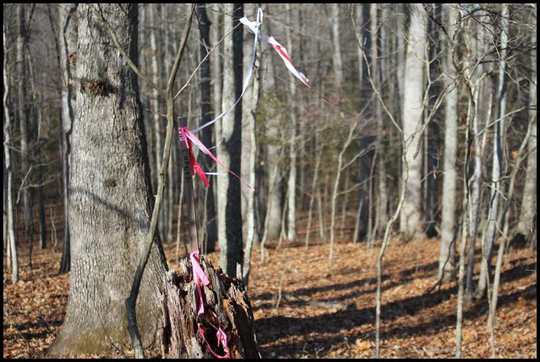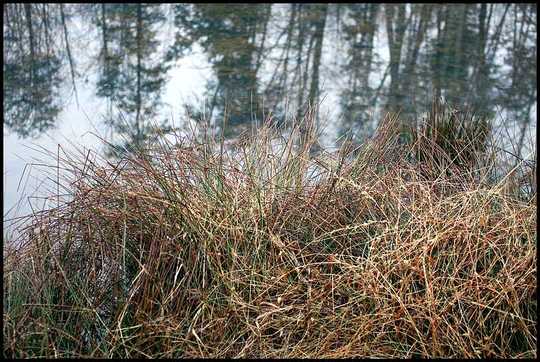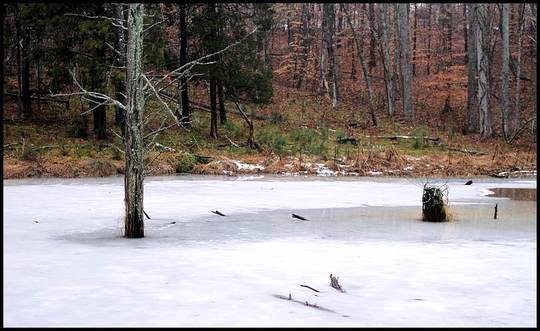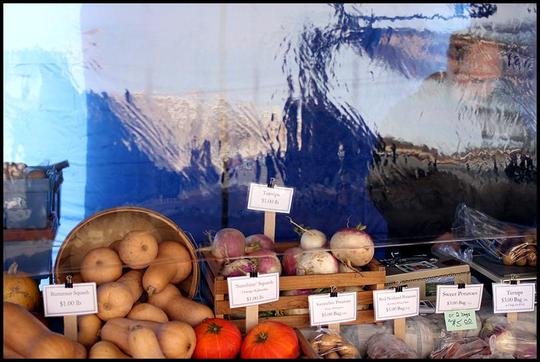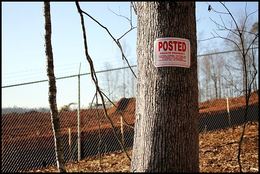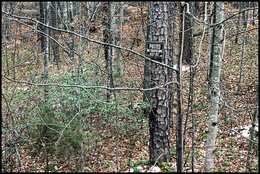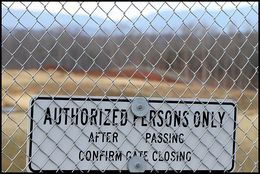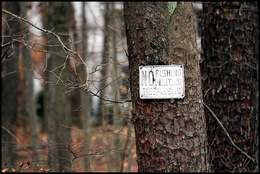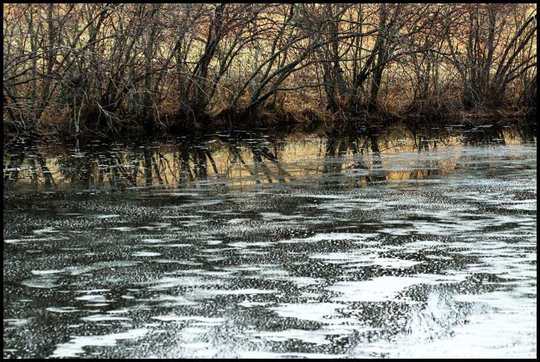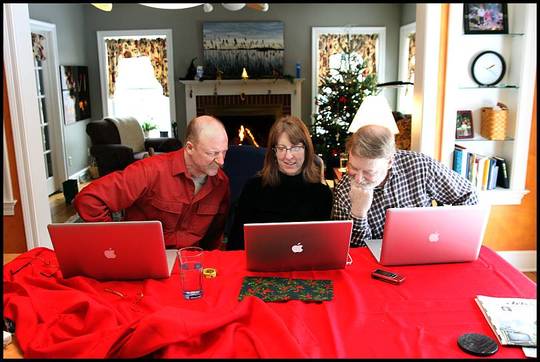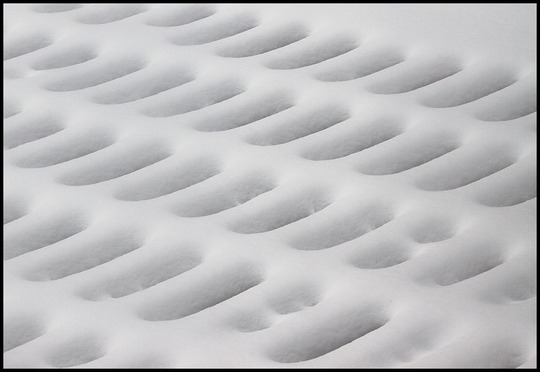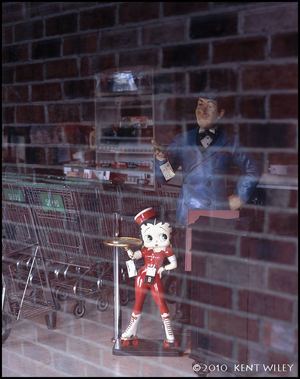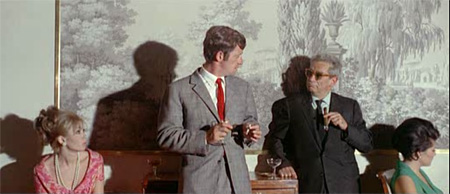
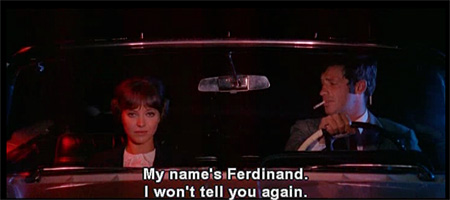
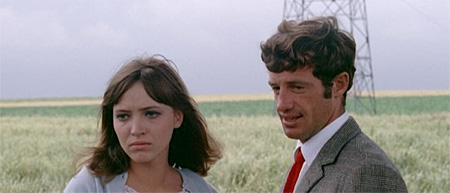
Directed by Jean-Luc Godard, 1965.
w/ Jean-Pierre Belmondo & Anna Karina
A fractured mixture swatted back and forth - much like the tennis ball in the opening shots of the film - between art and pop, comprehension and abstraction, and subtlety and cliche, Pierrot is Godard's tenth feature. Apparently it was largely improvised during the two months of shooting, with the dramatically confusing later sections on the Mediterranean filmed first. With this in mind, it becomes understandable how the early sections of the film become a necessary clarification for where the characters and the film must head in order to end up with what they had already filmed.
The film begins with the narrator, presumably Ferdinand as played by Belmondo, reading from a book about Diego Velazquez to his daughter while sitting in a bathtub smoking.
Past the age of 50, Velasquez stopped painting definite things. He hovered around objects with the air, with twilight, catching in his shadows and airy backgrounds, the palpitations of color which formed the invisible core of his silent symphony. Henceforth he captured only those mysterious interpenetrations of shape and tone that form a constant, secret progression, neither betrayed nor interrupted by any jolt or jar. Space reigns supreme. It is as if an aerial wave, sliding over the surfaces, soaked up their visible emanations, defined and modeled them, then spread them about like a perfume, an echo of themselves, a scattering of impalpable dust.
The world he lived in was one of sadness, a degenerate king, sickly infants, idiots, dwarfs, cripples, a handful of clownish freaks dressed up as princes, whose function it was to laugh at themselves and to amuse a cast that lived outside the law, in the meshes of etiquette, plots and lies, bound by the confessional and remorse, with the Inquisition and silence at the door.
A spirit of nostalgia pervades his work, yet he avoids what is ugly, sad, or cruelly morbid about those oppressed children. Velasquez is the painter of evening, of open spaces and of silence, even when he painted in broad daylight or in a closed room, even with the din of battle or of the hunt in his ears. As they seldom went out during the day, when everything was drowned in torrid sunshine, the Spanish painters communed with the evening.
While Ferdinand appears to be reading from a published book, the text more probably belongs to Godard, with his claims that the 17th century painter abandoned his typical court scene paintings in later life and “...captured only those mysterious interpenetrations of shape and tone that form a constant, secret progression...” What is most probable is that Godard had edited his film, found it wanting, and decided that his final attempt to solidify the pieces would be to add this description to and about a film that he wished to make but had eluded him.
It's difficult to watch this post modernist “classic” with the eyes and sensibilities of a “modernist,” trained as we are to expect the elements of the MAVM to distract our attention from the artifice of the presentation in front of us. Godard as well as anyone within commercial cinema knew the conventions that were expected of someone in his position, wielding as much money as he certainly did for this feature. Which creates a tension that propels us forward, into what the characters say is either an adventure or a romance. What else does Hollywood know in its continual insistence that “the story” is the only use to which film should be put? Godard progresses onward using a variety of the conventions of commercial cinema, but regularly drops the mask of artifice in order to remind us that we are watching a movie. At the end, after a literally explosive conclusion that is a mixture of comedy and cliché as well, a pair of whispered voices are heard over a pan to the right over the vastness of the ocean.
She: It's ours again.
He: What?
She: Eternity.
He: No that's just the sea. And the sun.
It's neither an adventure nor a romance, there's nothing omniscient or religious in the experience. But in it's way it is. It's only a movie. But it's a Jean-Luc Godard movie.
 Monday, April 18, 2011 at 09:22PM
Monday, April 18, 2011 at 09:22PM  KMW |
KMW |  Post a Comment |
Post a Comment |  Ricky Maynard,
Ricky Maynard,  b&w in
b&w in  Large Format,
Large Format,  museum exhibitions
museum exhibitions 

